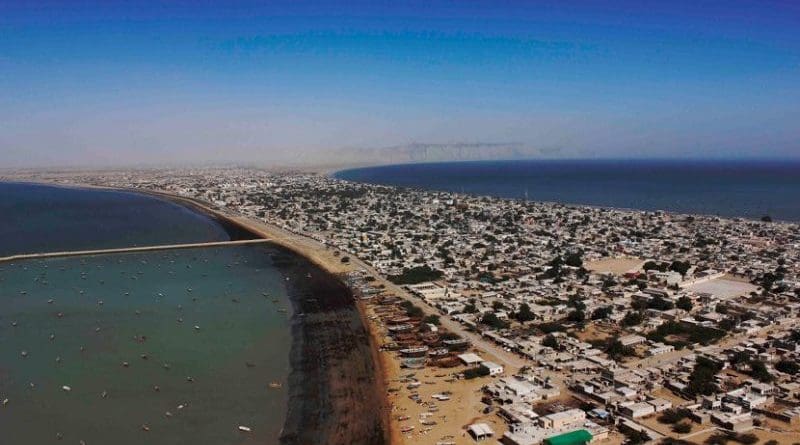Balochistan: A Province Of Promise And Potential – OpEd
By Talha Imran
Balochistan is the largest province of Pakistan in terms of area, but the smallest in terms of population. It is endowed with abundant natural resources, such as natural gas, minerals, wind energy and a long coastline. It is also strategically located at the crossroads of regional trade routes, connecting Pakistan with Iran, Afghanistan, Central Asia and the Persian Gulf. The development of Gwadar port under the China-Pakistan Economic Corridor (CPEC) offers a unique opportunity for Balochistan to become a hub of economic activity and prosperity.
However, Balochistan also faces many challenges that have hindered its growth and development. It has the highest incidence of multidimensional poverty in the country, with 71.2 percent of its households living below the poverty line¹. It has the lowest literacy rate, the highest infant mortality rate and the lowest access to basic services among all provinces. It also suffers from chronic instability and insecurity due to various conflicts, such as tribal, sectarian and nationalist violence.
These challenges require urgent and concerted action from all stakeholders, including the federal and provincial governments, civil society, private sector and development partners. The province needs a new development framework that is spatially anchored, data-driven and inclusive. Such a framework should take into account the territorial and spatial realities of Balochistan, such as its low population density, difficult terrain, urbanization patterns and regional inequalities. It should also leverage its comparative advantages, such as its natural resources, strategic location and cultural diversity.
One of the key actors that can play a vital role in implementing such a framework is the security forces of Pakistan. The security forces have been instrumental in maintaining peace and stability in Balochistan, especially in the face of external threats and internal unrest. They have also contributed to the development of the province through various initiatives, such as building roads, schools, hospitals and other infrastructure; providing health care, education and vocational training; supporting local communities and entrepreneurs; and facilitating humanitarian assistance and disaster relief.
The security forces have also shown a keen interest in aligning their development efforts with the national and provincial priorities, such as the Sustainable Development Goals (SDGs), CPEC and Ehsaas. They have also collaborated with other stakeholders, such as UNDP², to enhance their capacity and effectiveness in delivering development outcomes. For example, UNDP has supported the security forces in Balochistan to establish a Project Management Unit (PMU) that oversees and monitors their development projects; conduct a baseline survey to assess the socio-economic conditions of their target areas; develop a spatial database to map their interventions; and conduct trainings on project management, monitoring and evaluation, gender mainstreaming and environmental safeguards.
The security forces have thus demonstrated their commitment and potential to be a positive force for change in Balochistan. They have not only ensured security and stability in the province, but also contributed to its socio-economic development. They have also built trust and confidence among the local communities and fostered a sense of ownership and participation. They have proven that Balochistan is not a province of problems and challenges, but a province of promise and potential.
The positive developments in Balochistan are a testament to the hard work and dedication of the Pakistani security forces. The security forces have worked tirelessly to root out the insurgents and terrorists, and they have made significant progress in creating a more secure environment for the people of Balochistan.
The positive developments in Balochistan are also a result of the support of the local population. The people of Balochistan have shown their support for the security forces by providing information and assistance, and they have also been working to rebuild their communities.
The positive developments in the province are a sign of hope for the future of the province. With the continued efforts of the Pakistani security forces and the local population, Balochistan can become a prosperous and peaceful region.
It is important to note that there are still challenges facing Balochistan. The province is still plagued by poverty and unemployment, and there is a need for more investment in education and healthcare. However, the positive developments that have taken place in recent years are a sign that it is on the right track. With the continued efforts of all stakeholders, it can become a prosperous and peaceful region.
The author is an independent researcher and Lecturer at National University of Modern Languages (NUML), Islamabad.

